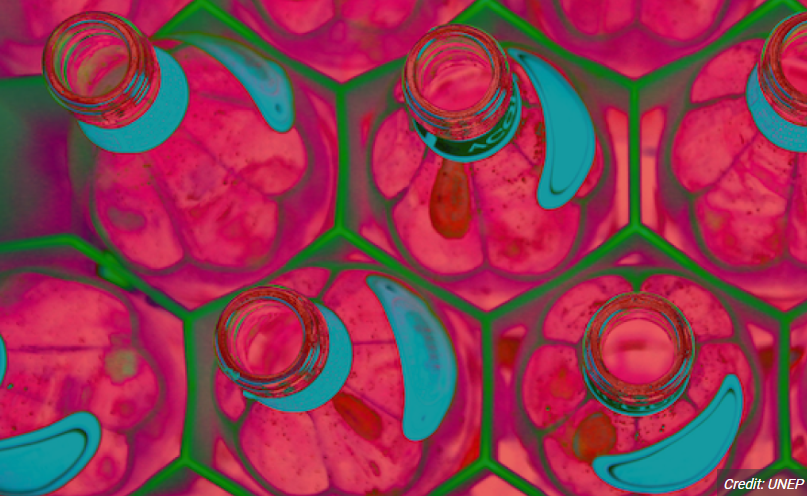On December 14, 2022, the United Nations General Assembly (UNGA) adopted a resolution declaring March 30 as World Zero Waste Day. From 2023, this day is celebrated annually. The purpose of World Zero Waste Day is to enhance awareness and information about the importance of zero waste and responsible municipal waste consumption, production and management practices to achieve sustainable development. The declaration is a means of encouraging people’s socio-environmental commitment to participate in zero-waste actions, highlighting the importance of collective effort as the key to addressing the challenges that arise in waste management.
The management of municipal solid waste is one of the biggest challenges facing the Republic of Cyprus as according to the official Eurostat indicators for 2022, the production of municipal solid waste decreased to 513 kg from 532 kg per person in 2021, while the total produced amount of solid municipal waste in Cyprus amounted to 615 thousand tons in 2022 compared to 585 thousand tons in 2021, marking an increase of 5%. Of the 469,000 tons disposed of in 2022, 77.5% was landfilled, the 5th worst performance at EU level and far from the 10% landfill target by 2035. At the same time , of the amount that received final management in 2022 only 17.2% was forwarded for recycling, 3.1% was used for energy recovery and 2.2% was composted. In Cyprus, preliminary data shows an average of 100 kg of recycling per person, ranking it the fourth lowest number of recycling per person in 2022 in the EU. These figures demonstrate the need to implement actions so that 65% of the daily waste collected and processed by local authorities is reused or recycled by 2035 in line with EU targets.
The implementation of the Municipal Waste Management Plan 2022-2028 and the National Waste Prevention Program 2023-2029* is expected to play a decisive role in changing the current situation of municipal solid waste management in Cyprus. Through these frameworks, the current state of municipal solid waste management in Cyprus is presented, the objectives to be achieved in accordance with the European objectives are defined and measures to be implemented to achieve the objectives are proposed. The primary objective is to implement measures that promote prevention and reuse, and then recycling with sorting at source and separate collection. An important pillar is the awareness of citizens, promoting their direct participation and their environmental education.
With the ultimate aim of contributing to the achievement of the Municipal Waste Management Plan 2022-2028 and the National Waste Prevention Program 2023-2029*, the LIFE-IP CYzero WASTE Project, which is coordinated by the Department of Environment, in collaboration with 17 strategic partners, implements a series of actions that aspire to support and shape the effort to gradually improve waste management. In particular, the Project strengthens the rational management of municipal solid waste through the development of specific infrastructure projects such as green recycling kiosks for recyclable materials, household and community composters for organic waste, reuse and repair centers and mobile units for hazardous waste. household waste, the implementation of which is promoted through co-financing from European funds. Beyond the infrastructures, the Project implements prevention actions, introduces financial means, strengthens the information and awareness of the citizens and builds the necessary capacity and knowledge of the stakeholders for the rational management of waste.
In addition, the passing of new regulations for the management of municipal solid waste within 2023, such as the management of household pharmaceutical waste, as well as the implementation of the Pay As You Throw system from 1/7/2024 aim to streamline municipal solid waste management.
World Zero Waste Day is a reminder of our inextricable relationship with the environment and the urgent need for global action to protect it. The proper management of products and their waste is not only an environmental issue, but also a matter of culture, protection of our quality of life and economic well-being. By applying the principles of the circular economy, waste is transformed into valuable resources, thus promoting sustainability and development. The celebration of World Zero Waste Day highlights good zero waste practices worldwide, highlights the importance of cooperation between governments, businesses and citizens and points out that a small effort from each of us is enough to bring about the necessary change in a positive direction.


